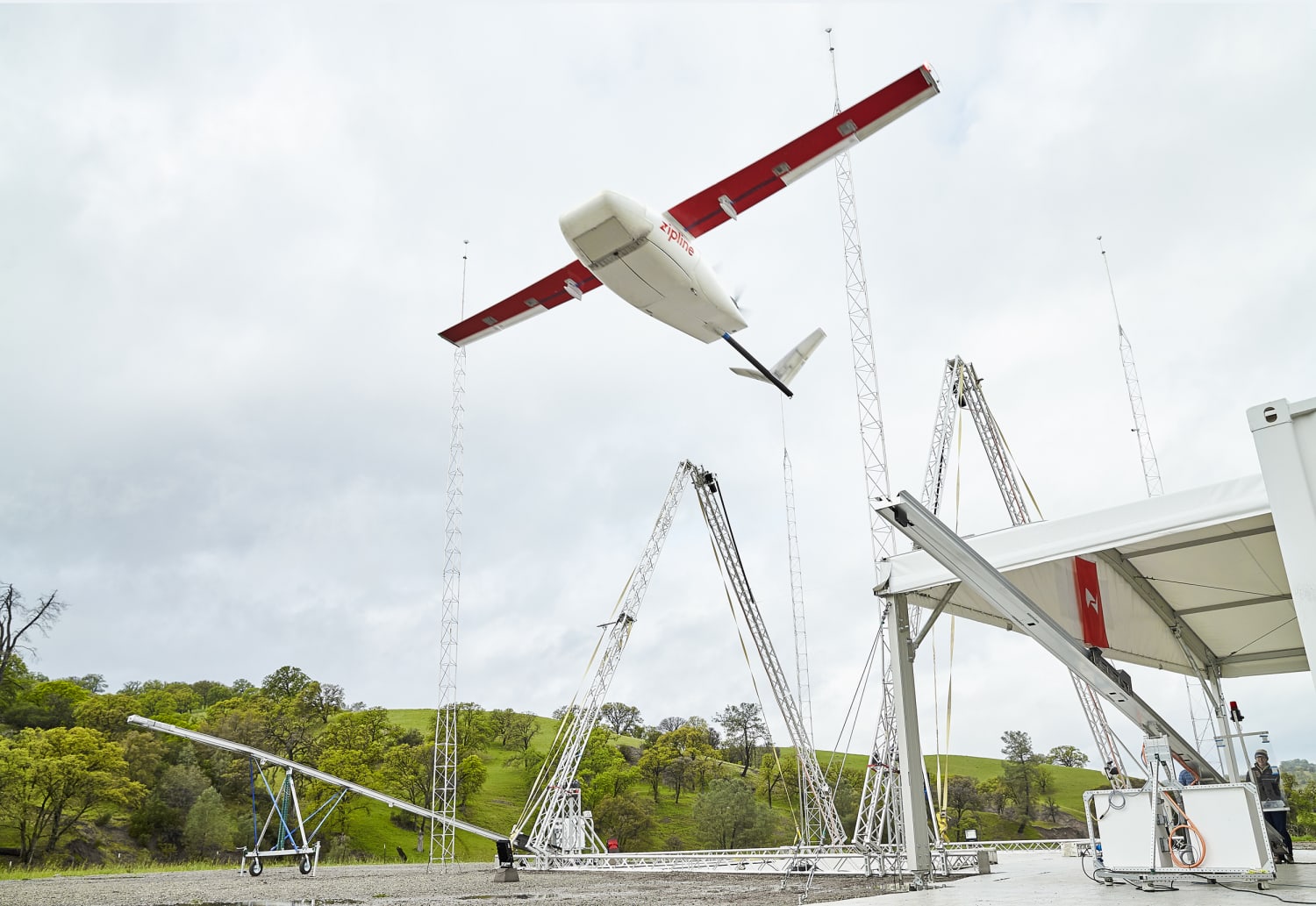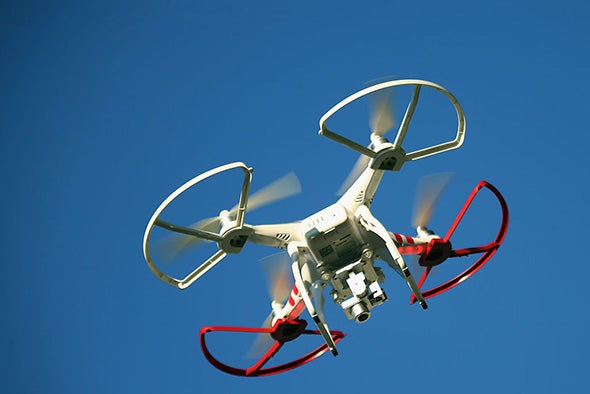The ‘flying doctors’ saving lives from the air–
From monitoring the health of crowds to delivering vital supplies of blood, drugs or vaccines to remote locations, drones are finding new uses in healthcare.
The following written content via BBC.

“In Australia, drones are being developed that may eventually be able to survey populations for disease. The technology, created by researchers at the University of South Australia, can read the blood oxygen levels of humans from the air, and scan for other vital signs like coughing and a high temperature.”
In a remote part of the Congo, the sky hums. Overhead, a drone is poised to drop onto a wooden jetty. Beneath it a doctor waits in a white coat: the drone is carrying vital protective equipment for her clinic.
It’s a truly life-changing solution for the doctors and patients here, where medical deliveries via car and boat can take days or even weeks along treacherous forest tracks. Often these can be days that patients don’t have to spare.

Flying in medical supplies is one of many ways drone technology is now being employed in healthcare, a trend that has been growing in recent years. In the film above, we explore three of the latest innovative ways this technology is being used to improve the health and healthcare of people around the world.
On Zanzibar, off the coast of Tanzania, for example, drones are being used to spray wetlands for malaria, with the eventual hope of eradicating the disease from the island. A far cheaper solution than spraying with planes, these drones can reach tricky spots and cover ground more quickly.
In Australia, drones are being developed that may eventually be able to survey populations for disease. The technology, created by researchers at the University of South Australia, can read the blood oxygen levels of humans from the air, and scan for other vital signs like coughing and a high temperature. Read more from BBC.





